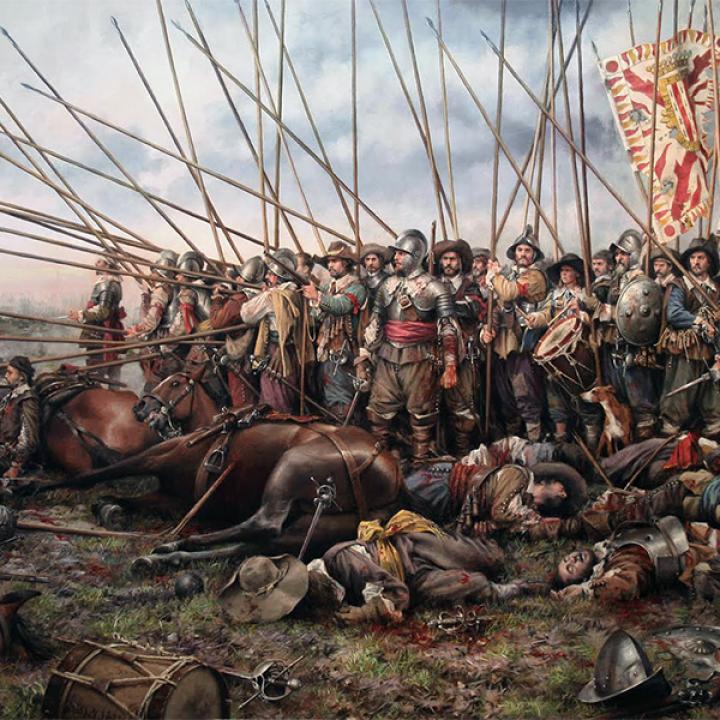

As the West struggles to navigate Islam's major sectarian cleavage, it can learn from the Ottoman Empire's historical experience with Protestant-Catholic wars.
How should the U.S. government respond to the Shi'a-Sunni sectarian conflict in Muslim countries? Should it side with one sect against the other, or should it play offshore balancer, throwing support to whichever side seems to be losing at any given time so as to prevent the establishment of a hegemonic regional victor? Should it prefer the side that is more state-based as opposed to social-movement based? Or should it pursue a peacemaking strategy in order to dampen the radicalism that could have a long-lasting negative impact in the region and beyond? Or should U.S. policy be mostly passive, focused on U.S. domestic security, in accordance with a judgment that the Middle East's sectarian woes are really neither that important nor dangerous?
These are difficult questions, and the debate over them is hardly exhausted. As they have pondered these questions so far, U.S. and other Western analysts in government and out have overlooked an historical precedent that might offer us some insight. Nearly 500 years ago, as the modern world took shape, the proverbial shoe was on the other foot: A Muslim superpower, then very much a part of the world's great-power system, had to reckon with the Wars of the Protestant Reformation. Obviously, times have changed and the analogy is imperfect: Protestantism was new in the 16th century, while Shi'a Islam goes back nearly to the beginning of Islam itself, for example. Nevertheless, careful study bears several rewards. On balance, the Ottoman Empire's response to the Protestant-Catholic divide suggests that, amid the ever-shifting political landscape of sectarian politics, great powers can gain tactically from manipulating them. It also suggests, however, that such gains cannot be sustained and turned into strategic victories...
Read the full version of this article on the American Interest website.
American Interest


